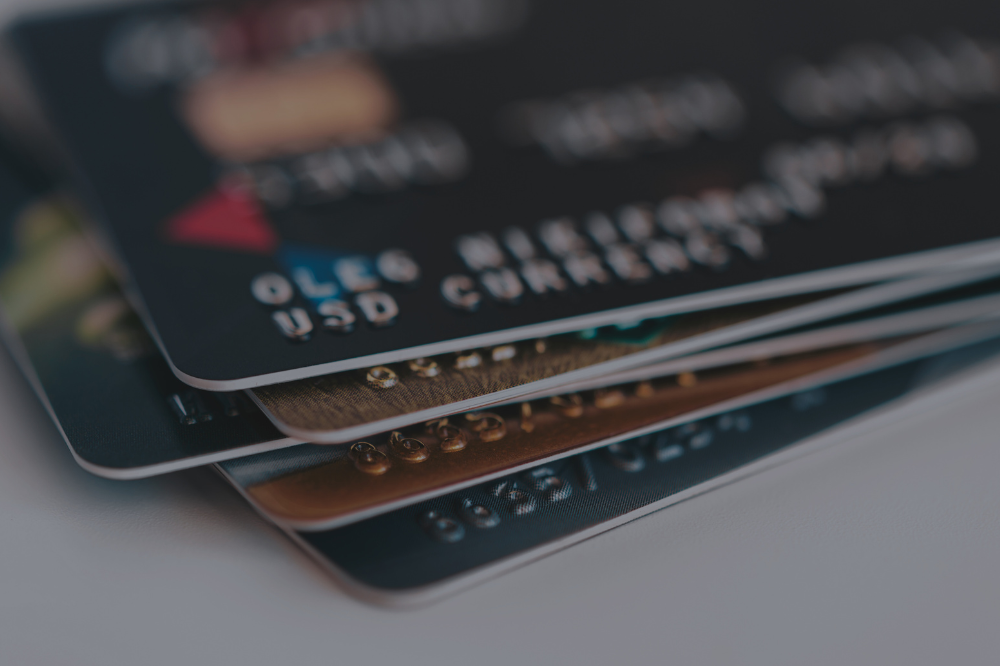Find out what a Credit Card Network is and how it can impact your card perks, so you can choose the best option for you!
Did you know that each credit card network can offer different perks that can be useful for your financial lifestyle? But do you know what it is and why each network can offer different benefits?
That’s what we are going to talk about! Get to know how to choose a credit card that can better suit your needs! Also, if you want to check out more financial tips on our website, you can click on this link!
What is a Credit Card Network?
Also known as a card association, it acts as the behind-the-scenes facilitator for your credit card transactions. These networks provide the secure communication infrastructure that connects merchants, banks, and cardholders. When you swipe your card at a store or make an online purchase, the network handles the following:
- Authorization: verifies with your issuing bank (the bank that gave you the credit card) whether you have sufficient funds available;
- Fraud Protection: employ sophisticated systems to identify and prevent fraudulent transactions;
- Settlement: once a transaction is approved, the network facilitates the transfer of funds from your bank to the merchant’s bank;
- Dispute Resolution: in case of billing errors or fraudulent activity, the network provides a process for resolving disputes.
What Cardholders Need to Know
- Network Acceptance: the network logo displayed on your card indicates which merchants will accept your card. The four major networks accepted are Visa, Mastercard, American Express and Discover – these last two are also credit card issuers;
- Transaction Fees: networks set interchange fees, which are the fees merchants pay to process credit card transactions. These fees can vary depending on the network and the type of card (rewards cards typically have higher fees);
- Security Features: each network offers its own security features to protect cardholders from fraud. These may include chip-and-pin technology, 3D Secure authentication, and zero-liability policies.
Credit Card Network vs. Credit Card Issuer: What’s the Difference?
- Credit Card Network: as explained earlier, the network acts as the intermediary, handling authorization, settlement, and other critical functions;
- Credit Card Issuer: the issuer is the bank or financial institution that provides you with the credit card. They set your credit limit, interest rate, and other card terms and benefits. Some issuers.
Here’s an analogy: the network is the highway system that ensures a smooth ride, while the issuer is the car you use – it determines the features, comfort level (interest rates, rewards), and overall experience.
How Networks and Issuers Work Together
Networks and issuers collaborate seamlessly to make your credit card transactions possible. Here’s how it works:
- Swipe or Enter Card: when you use your credit card, the information is sent to the network;
- Authorization Request: the network forwards the transaction details to your issuing bank for approval;
- Credit Check: the issuer verifies your available credit and approves or declines the transaction;
- Funds Transfer: if approved, the network facilitates the transfer of funds from your issuer to the merchant’s bank;
- Statement and Payment: you receive a monthly statement from your issuer detailing your transactions and upcoming payment due.
What Credit Card Should I Choose?
By considering both the network and the issuer, you can choose a credit card that best suits your needs and financial goals. So, keep these things in mind when making your decision:
- Network Acceptance: consider if the network is widely accepted, especially if you’re going to use it for travelling abroad;
- Your Spending Habits: analyze your monthly expenses to see what categories you spend the most on. This will help you choose a card with rewards, perks and beneffits that align with your spending;
- Interest Rates and Fees: pay attention to the APR, annual fees, and any other potential charges associated with the card.

